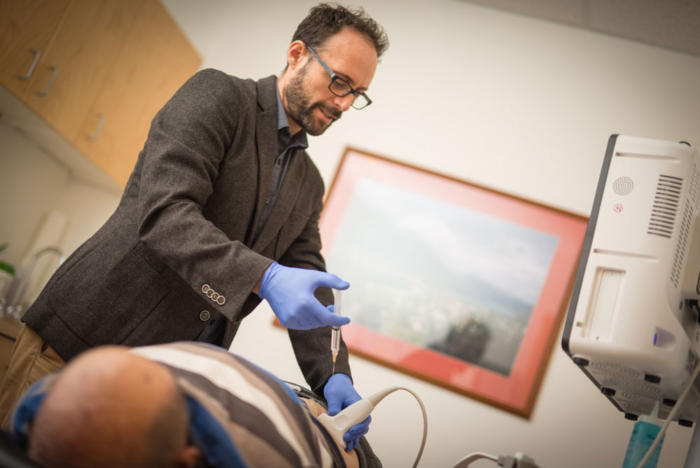Acupuncture for Fibromyalgia
How Does Acupuncture Work?
According to Traditional Chinese Medicine (TCM) theory, acupuncture works by maintaining the flow of energy pathways through your body. This life-force energy is called qi or chi (pronounced “chee”). Qi flows through meridian pathways in the body, each of which corresponds to an organ system. When Qi is excessive, deficient or blocked imbalance in the body (and mind) will be the result.
If this is hard to understand, picture a stream. When something blocks the flow of water, pressure builds up behind the blockage and water can go spilling out over the banks. Too much water can lead to floods, while too little water can affect the habitat of everything that lives there. The purpose of TCM and acupuncture is to keep the stream (Qi) flowing free and harmoniously.
While multiple studies have shown that acupuncture does have the effects taught by TCM, researchers can’t pinpoint exactly why it has the effects. Studies suggest that it may produce complex changes in the brain and body, possibly by stimulating nerve fibres that then send signals to the brain and spinal cord to release certain hormones that block pain and provide relief.
A study using images of the brain showed that acupuncture raises your pain threshold — which is low in people with Fibromyalgia Syndrome (FMS), therefore providing long-term pain relief. One British experiment using magnetoencephalography (MEG) brain scans showed that acupuncture can actually deactivate part of your brain’s pain matrix.
Benefits vs. Risks
When you consider treatment options for FMS or any health condition for that matter, it’s important to weigh the potential benefits against the potential risks.
According to experts, both Eastern and Western, the potential benefits of acupuncture include:
- less pain
- better sleep
- relaxation
- improved digestion
- possible immune system boost
- better overall health
Acupuncture can be much safer than other therapies, especially if you’re combining several different treatments. Benefits as a complementary therapy include:
- no negative interactions with other treatments, including drugs
- extremely mild side effects
- low risk
Possible risks of acupuncture are extremely rare, especially with a licensed acupuncturist. Risks include:
- nausea
- dizziness & fainting
- bruising
- organ puncture (extremely rare)
**Licensed practitioners in British Columbia are required to use sterile needles and dispose of them after each use.
The following articles provide more detailed information regarding the practice of Acupuncture for treatment of Fibromyalgia.
Articles:
Fibromyalgia sufferers might benefit from tailored acupuncture
https://www.medicalnewstoday.com/articles/306569.php
Acupuncture beats or compliments drugs for fibromyalgia relief
https://www.healthcmi.com/Acupuncture-Continuing-Education-News/1813-acupuncture-beats-or-complements-drugs-for-fibromyalgia-relief


